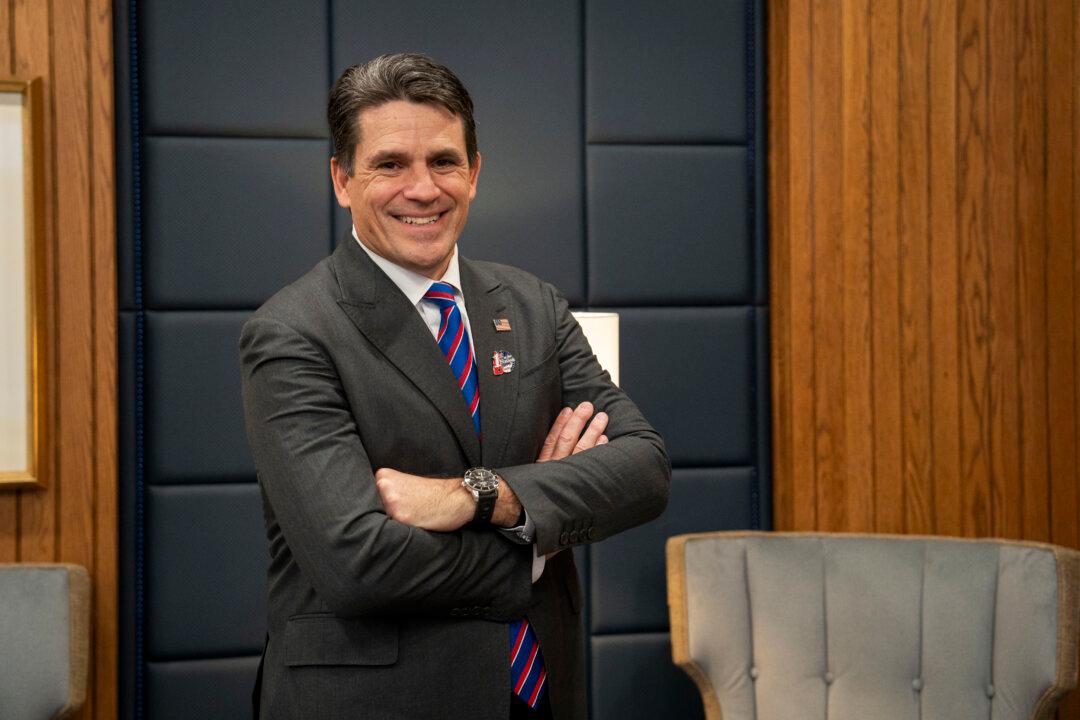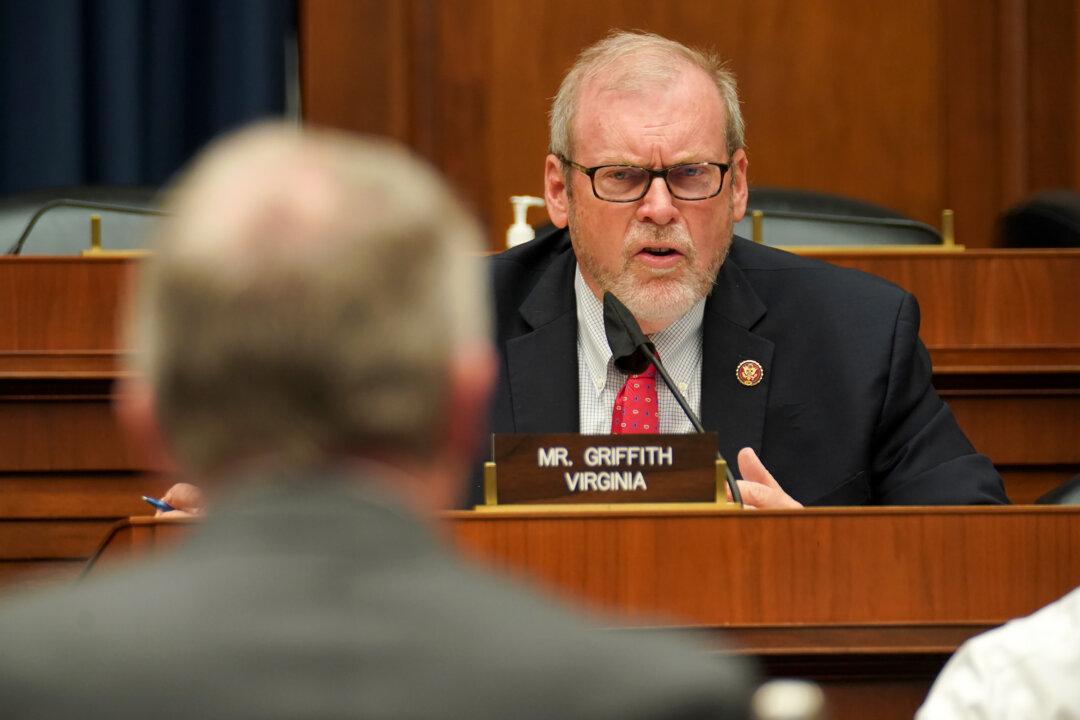HOOKSETT, N.H.—The Ryan Binkley presidential campaign, consisting of the candidate, one staff member, and a photographer, made its way to the Robie Country Store on Jan. 20. The picture-perfect New England establishment is a time-honored stop on New Hampshire’s campaign trail.
Nikki Haley paid a visit to the store the previous day, along with Gov. John Sununu. Robert F. Kennedy Jr., Vivek Ramaswamy, and South Carolina Sen. Tim Scott have all stopped by during this election cycle.





